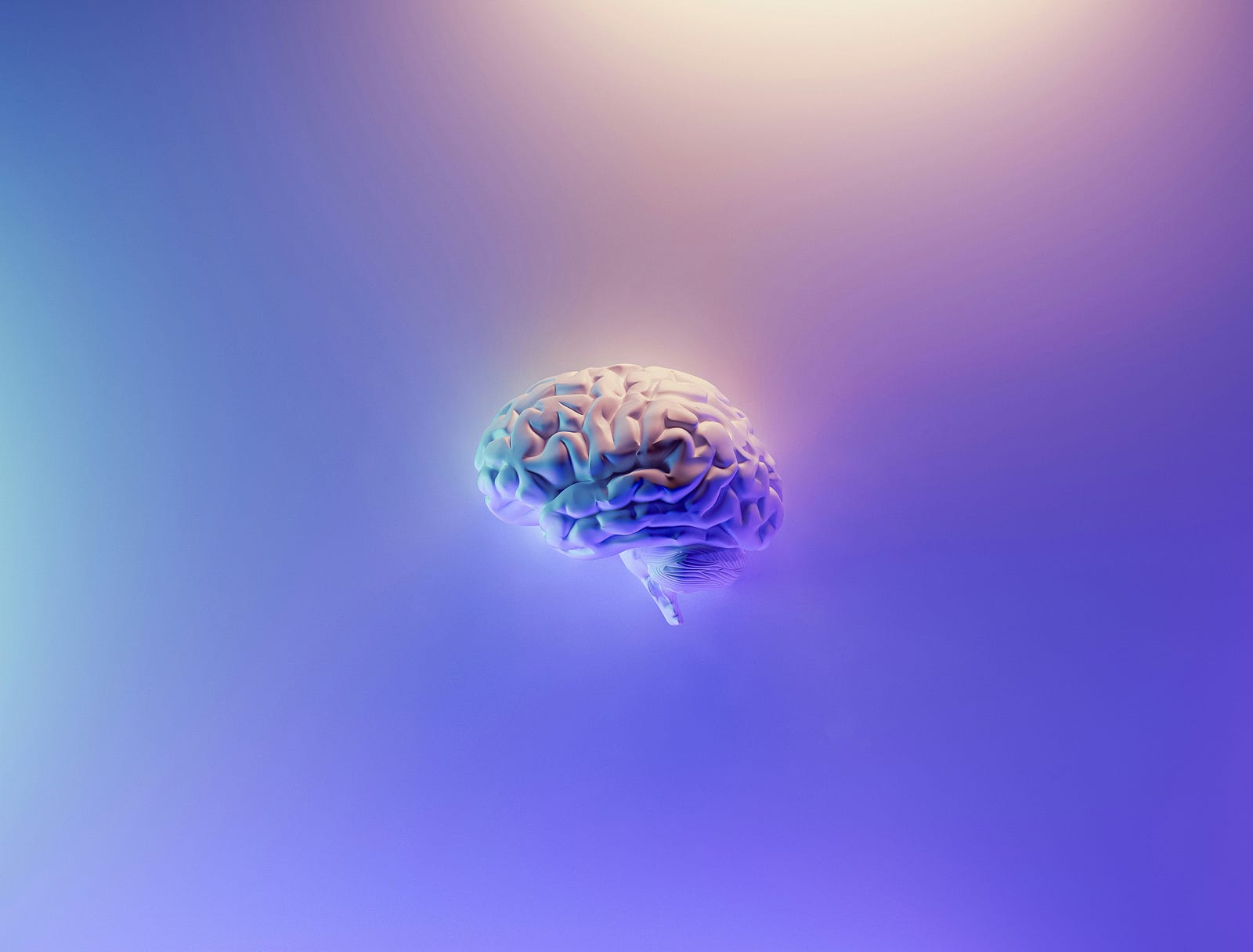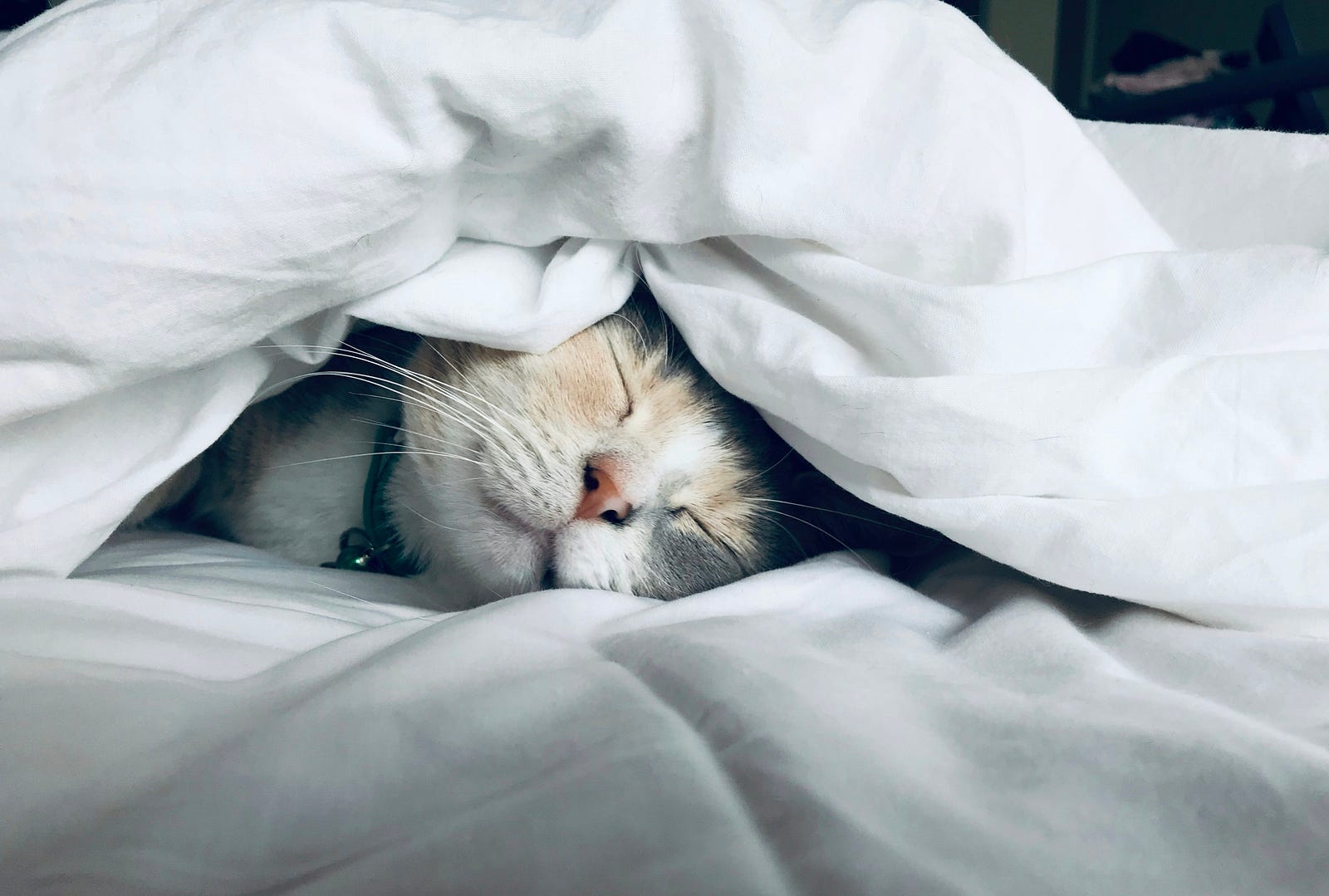Today, I want to focus on taking charge of your brain health. As someone who worries about dementia, recent research offers a ray of hope. For the first time, a randomized controlled trial showed that lifestyle medicine, without medications, can significantly improve cognition and function in many patients with mild cognitive impairment or early Alzheimer’s disease.
This finding is exciting news, offering a potential new approach to managing this condition that has loomed large in my health concerns.
No one in my family has dementia; in fact, my mother is approaching 90 with all of her cognitive functions intact. My late father died in his 86th year; his brain function was unimpaired.
Don’t get me wrong: I do not worry a lot about conditions such as Alzheimer’s.

But my considering the possibility of a loss of mental functioning functions as a positive for me: I am motivated to take steps to achieve a healthy lifestyle.
I also know the importance of planning for old-age care and building a support network.
Borges on Memory
I adore the works of Borges.
Jorge Luis Borges was an Argentine poet, essayist, and short-story writer whose works became classics of 20th-century world literature.
If I write about memory, I must write about Borges’s fantasy short story, “Funes the Memorious.” First published in La Nación in June 1942, the writing appeared in the 1944 anthology Ficciones, part two (Artifices).
Here’s Borges’ twist: The main character, Funes, remembers everything in incredible detail but cannot grasp bigger ideas.
The narrator, resembling Jorge Luis Borges himself, encounters a teenage boy named Ireneo Funes with an extraordinary memory.

Funes Remembers All
Funes remembers everything in vivid detail, from the shapes of clouds to the sensations of each moment.
After a horse riding accident leaves him paralyzed, Funes busies himself with bizarre projects like recreating entire days from memory and inventing a nonsensical numbering system.
Faced with Funes’ all-encompassing memory, sudden self-consciousness strikes the narrator.
He realizes that every word spoken, every gesture made, will be meticulously recorded and stored in Funes’ mind forever.
The encounter leaves him feeling exposed and vulnerable in a way he never imagined.
“I thought that each of my words (that each of my movements) would persist in his implacable memory; I was benumbed by the fear of multiplying useless gestures.”

Despite his limitations in abstract thinking, Borges sees a strange brilliance in Funes’ hyper-detailed world.
Their encounter leaves a lasting impression on the narrator.
Thank you for letting me indulge in a bit of Borges. Let’s turn to the remarkable new study investigating how lifestyle relates to dementia.
Lifestyle and Dementia
We already know that things like diet, exercise, and sleep are associated with Alzheimer’s disease.
A new study is the first to test this idea in a controlled setting.
The researchers wanted to see if making substantial changes to lifestyle habits can help people with mild memory problems or early stages of dementia.
Study Interventions
This groundbreaking study found that a combination of healthy habits can improve brain function in people in the early stages of the disease.
Here are the lifestyle variables:
- a plant-based diet
- gentle exercise
- stress management techniques
- group support

The admittedly small study, led by Dr. Dean Ornish, involved 51 participants.
Half of the subjects followed a program that included all the above healthy habits.
Research Findings
Here’s what Dr. Ornish and colleagues discovered:
- Improved Brain Function: Based on doctor evaluations, 71% of people who made these lifestyle changes showed improvement or stabilization in their cognitive function (thinking and memory skills). And the people who stuck to the program the most saw the biggest benefits!
- Blood Marker Changes: A blood test can sometimes indicate the presence of Alzheimer’s. This marker improved in the group that made lifestyle changes, suggesting a potentially positive impact on the disease process.
- Compared to Medication: The results of this lifestyle program were comparable to some medications used for Alzheimer’s disease.
- Bonus Benefits: This approach helped the brain and led to weight loss and better heart health for participants—a win-win situation!
The bottom line?
Simple, healthy lifestyle changes could be a powerful tool for managing Alzheimer’s disease.
Details
The study used a doctor’s evaluation to measure thinking and memory skills changes.
In the group that made lifestyle changes, 71 percent of individuals either showed improvement or maintained their brain function.
The people who stuck to the program most consistently benefited most.

Conversely, 68 percent of the participants who didn’t make changes experienced a decline in their cognitive abilities. This finding highlights the potential impact lifestyle choices can have on brain health.
The study also looked at a specific blood test marker potentially linked to Alzheimer’s.
In the group that adopted the healthy habits, this marker improved by 6.4 percent, whereas it worsened by 8.3 percent in the group that didn’t make any changes.
Overall, the results of this lifestyle intervention were as good as, if not better than, some medications used for Alzheimer’s disease.
And that’s not all.
As a bonus, participants also experienced weight loss and improved heart health—a double win for their overall well-being.
My Take – Taking Charge of Your Brain Health
Kudos to Dr. Ornish and his collaborators.
While more research is needed, this lifestyle approach is a promising new direction for improving brain health.
I think we all can take away some lessons from this study, even as it focused on those with mild cognitive impairment or dementia.
Yes, there is a strong correlation between lifestyle and brain functioning. Numerous studies have shown that healthy habits can significantly improve cognitive function and reduce the risk of dementia.
Final Thoughts: My Approach to Taking Charge of Your Brain Health
Here are some examples of how I use lifestyle choices to impact my brain health potentially:
- Diet: I try to focus on a healthy diet rich in fruits, vegetables, and whole grains to give my brain essential nutrients that support cognitive function. Conversely, I dodge highly processed foods, limit my saturated fats, and tamp my sugar intake.
- Exercise: Regular physical activity increases blood flow to my brain, which can help my memory, focus, and learning. Exercise can also promote the growth of new brain cells and protect existing ones from damage.

- Sleep: Getting enough quality sleep is essential for brain health. During sleep, my brain consolidates memories and repairs itself. Chronic sleep deprivation can impair cognitive function and increase my risk of dementia.
- Stress Management: Chronic stress can damage my brain cells and impair cognitive function. Meditation, yoga, and deep breathing help me to manage stress and protect brain health.
- Mental Stimulation: I love engaging in mentally stimulating activities such as reading, learning Japanese, or learning new piano music. These interests can help me keep my brain sharp and improve cognitive function.
- Social Connection: Social interaction is important for brain health. I use strong social connections to help reduce my stress, improve my mood, and protect my cognitive function.
By following a healthy diet, exercising regularly, getting enough sleep, managing stress, engaging in mentally stimulating activities, and maintaining strong social connections, I hope to keep my brain healthy and reduce the risk of cognitive decline.
Thank you for reading “Taking Charge of Your Brain Health.“




